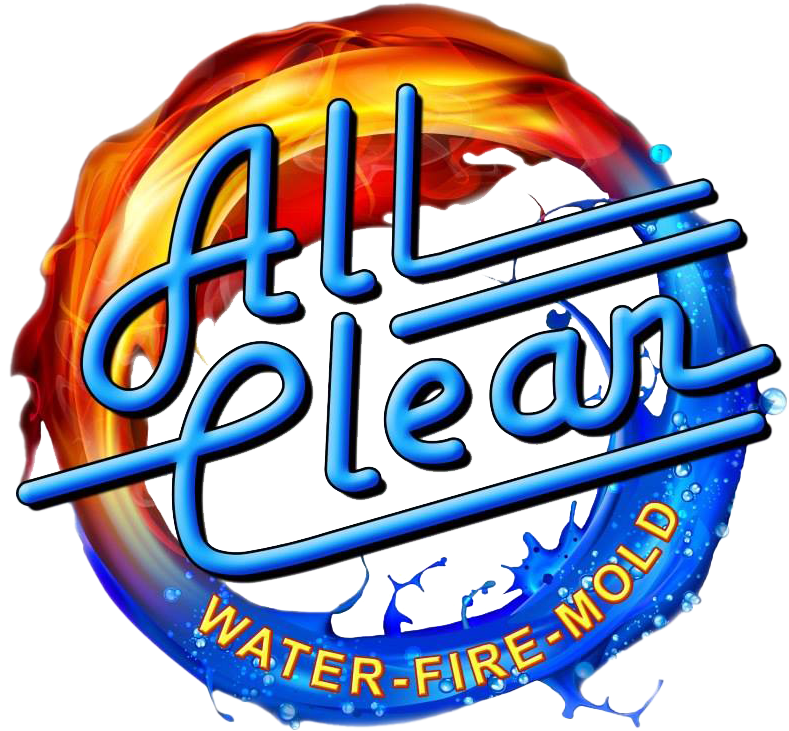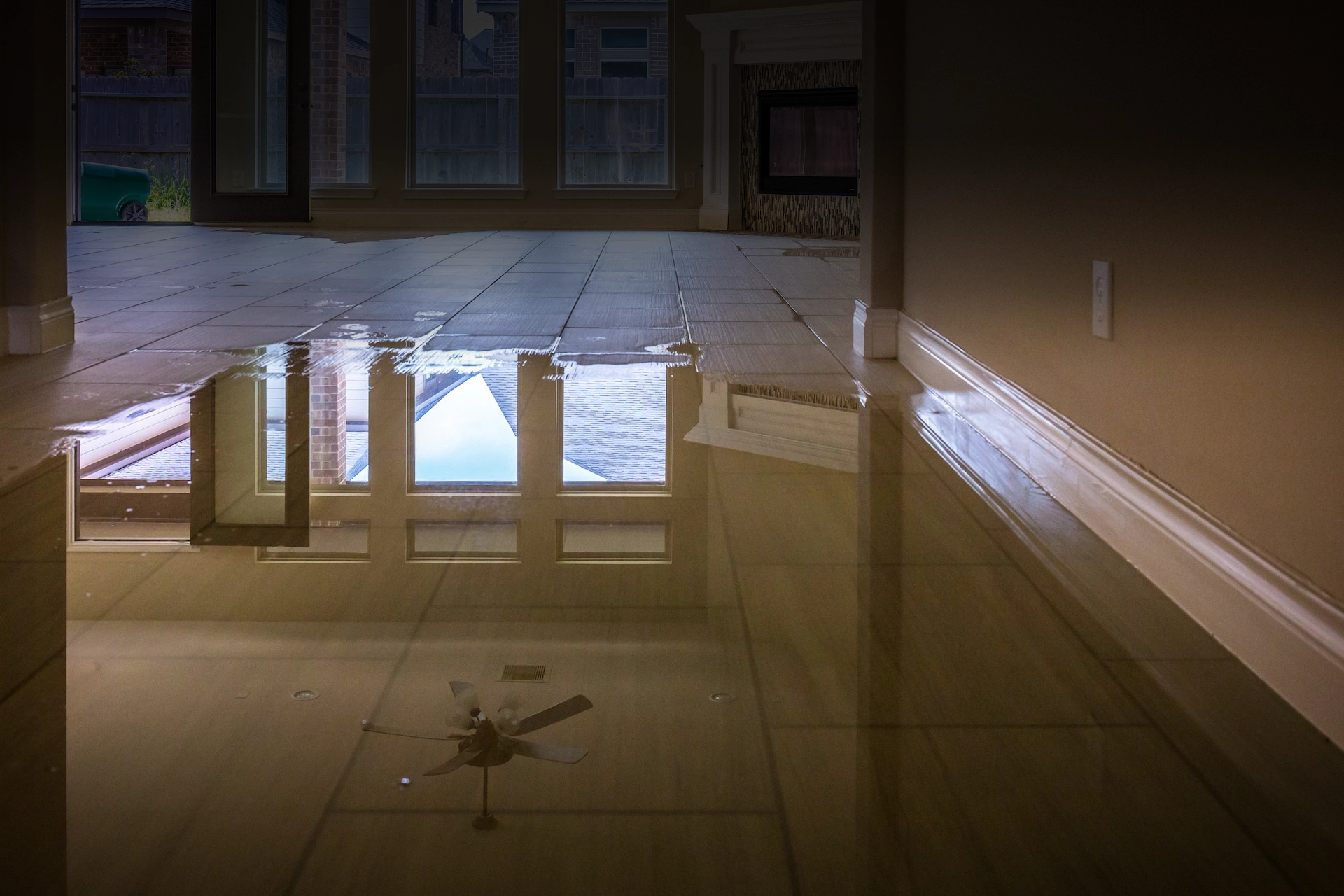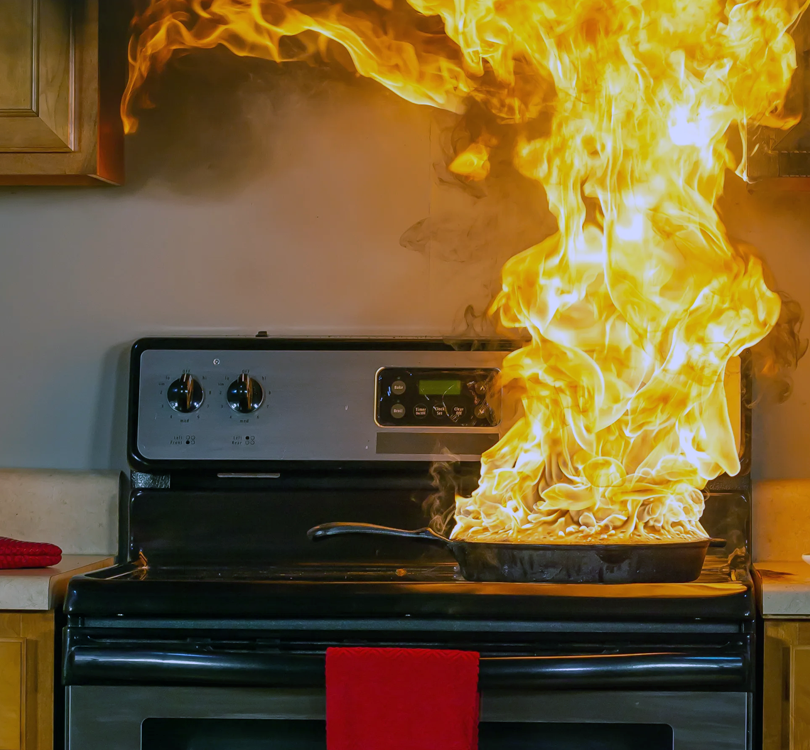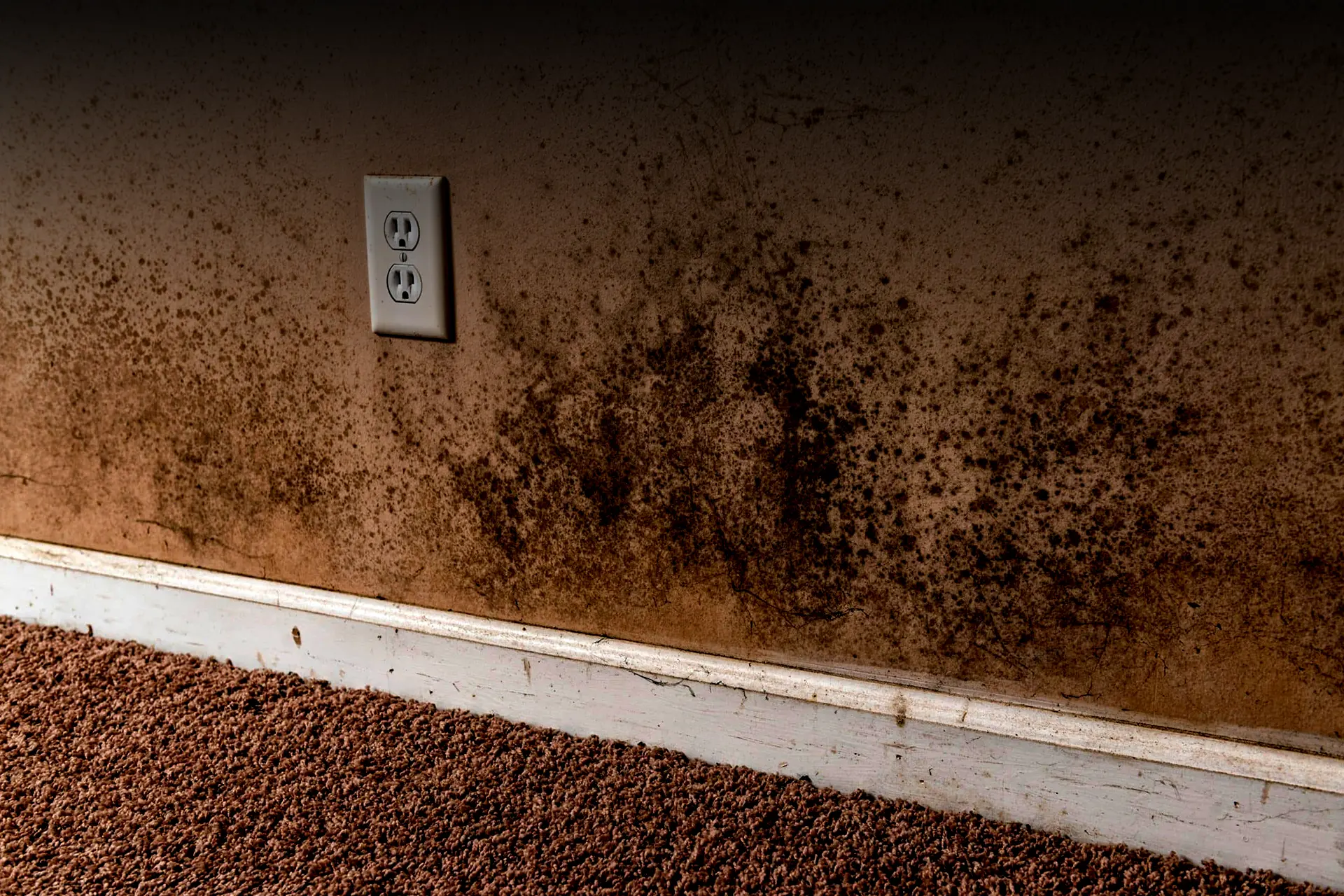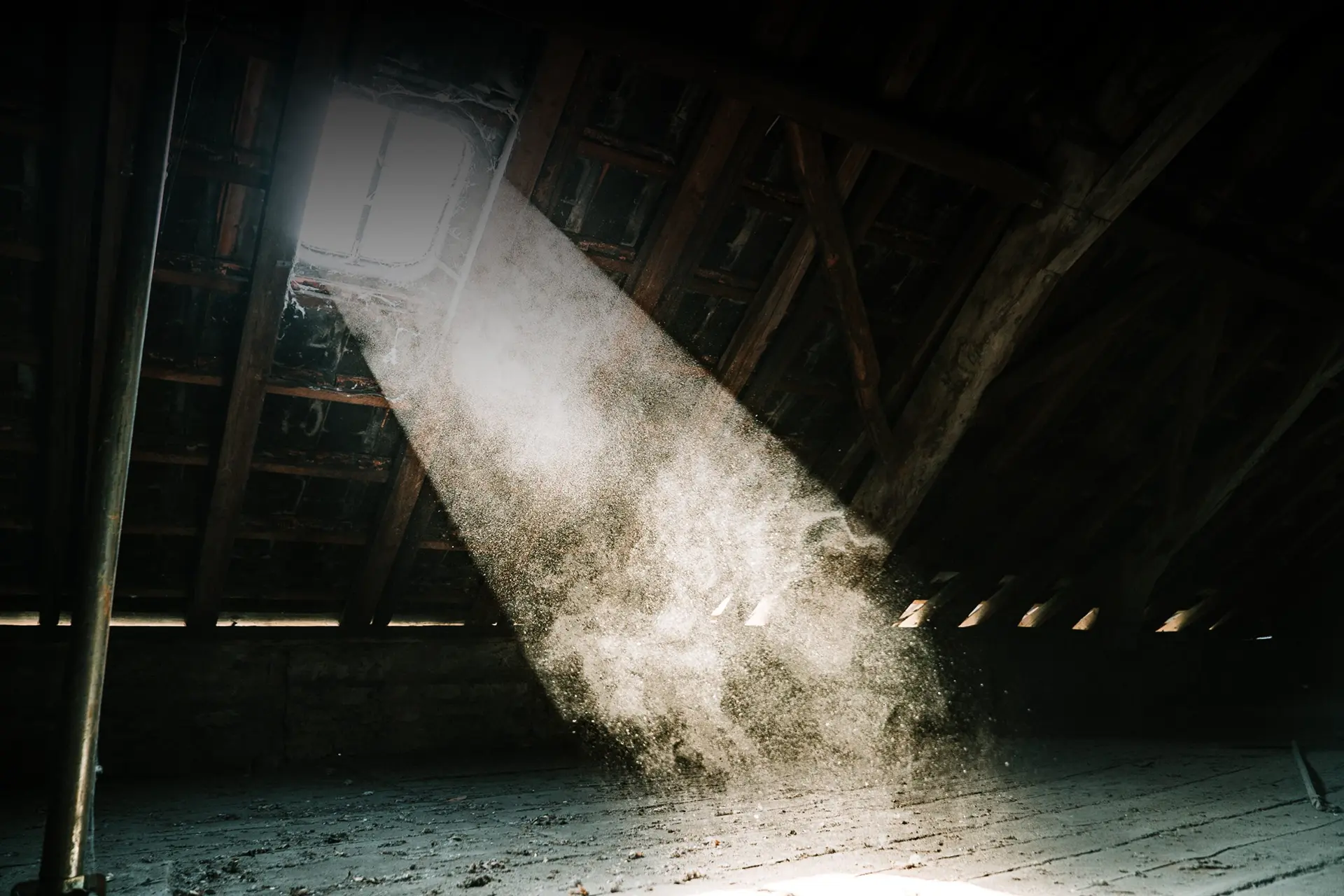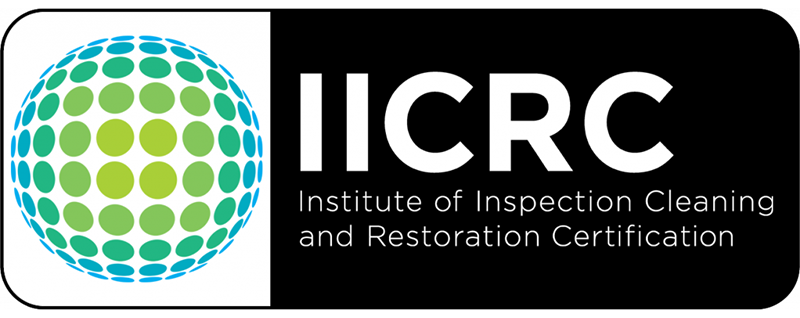LICENSED | BONDED | INSURED
618-235-3202
7 Steps to Take After Water Damage Strikes Your Missouri or Illinois Home

If you've been devastated by water, mold, fire, and/or smoke damage, know that your cherished possessions, your home or business, can all be restored to pre-damage condition; bringing back your peace of mind.
Whether water, mold, fire, or smoke causes damage to your home or business, the effects are heartbreaking and often life-changing. We at All Clean Restoration understand the devastation and pain these events can cause. We also understand that quick and proper action is crucial to prevent further damage, red tape, and cost.
Call us any time, day or night:
1-800-4223944
Related Topics:
Water damage can be a stressful experience, but acting quickly and decisively can minimize the damage and get your life back to normal. Here at All Clean Restoration Services, we’re here to help homeowners in Missouri and Illinois recover from water damage. Here are 7 immediate steps to take after water damage strikes your home:
1. Prioritize Safety: Call Your Insurance and Power Down
- Contact your insurance company: Understanding your coverage is crucial. They’ll send an adjuster to assess the damage and determine if it’s covered.
- Safety first: Turn off the electricity if it’s safe to do so. Water and electricity don’t mix! If standing water is present, call a qualified electrician.
2. Protect Yourself and Your Belongings
- Gear up: Wear rubber boots and gloves when entering the affected area to avoid injuries and bacteria exposure.
- Move valuables: Elevate furniture off wet carpets and remove rugs. This minimizes staining and protects your belongings.
3. Start Water Removal ASAP
- Document everything: Take photos and videos of the damage for insurance claims.
- Time is critical: Water damage restoration should ideally start within 24-48 hours to prevent mold growth.
- Get professional help: Extensive water damage often requires professional restoration services. At All Clean Restoration, we ensure proper drying and prevent further damage.
4. Dry Out Your Home and Remove Excess Moisture
- Remove standing water: Use buckets, mops, or a wet-dry vac to remove excess water.
- Promote ventilation: Open windows and doors for air circulation.
- Dehumidify the air: Use dehumidifiers to speed up drying, especially in humid areas.
- Get professional drying help: All Clean Restoration can accelerate drying and minimize mold risk.
5. Identify and Prevent Mold Growth
- Act fast: Mold can start growing within 24 hours. The quicker you act, the easier it is to prevent.
- Remove affected items: If items are heavily damaged by water, discard them to prevent mold spread.
- Professional assessment: For extensive mold growth, All Clean Restoration offers 24/7 emergency service or schedule an appointment.
- Preventing mold: All Clean Restoration can help prevent mold growth with proper drying techniques.
6. Assess Restoration Needs
- Damage evaluation: Flooring, walls, and belongings may need repair or replacement. All Clean Restoration can handle this for you.
7. Safely Return Home
- Clearance to return: Once your insurance company, All Clean Restoration, and local authorities (in case of natural disasters) give the go-ahead, you can safely return to your dry, mold-free home.
Remember, All Clean Restoration Services is here to help! We’re available 24/7 to assist Missouri and Illinois homeowners with water damage emergencies. We offer professional water damage restoration services to minimize damage, prevent mold growth, and get your home back to its pre-damage condition. Contact us today!
Recent Blog Articles:
Properly Drying Carpets and Rugs After Water Damage: Saving Your Investment in Illinois and Missouri
Don’t Let Water Sink Your Wood Floors: All Clean Restoration to the Rescue!
Paradise Lost and Found: How All Clean Restoration Saved Our Vacation Memories (and Hardwood Floors!)
Refrigerator Leaks: Don’t Let a Drip Turn into a Disaster!
All Clean Restoration's Other Services
Whether water, mold, fire, or smoke causes damage to your home or business, the effects are heartbreaking and often life-changing. We at All Clean Restoration understand the devastation and pain these events can cause. We also understand that quick and proper action is crucial to prevent further damage, red tape, and cost.
